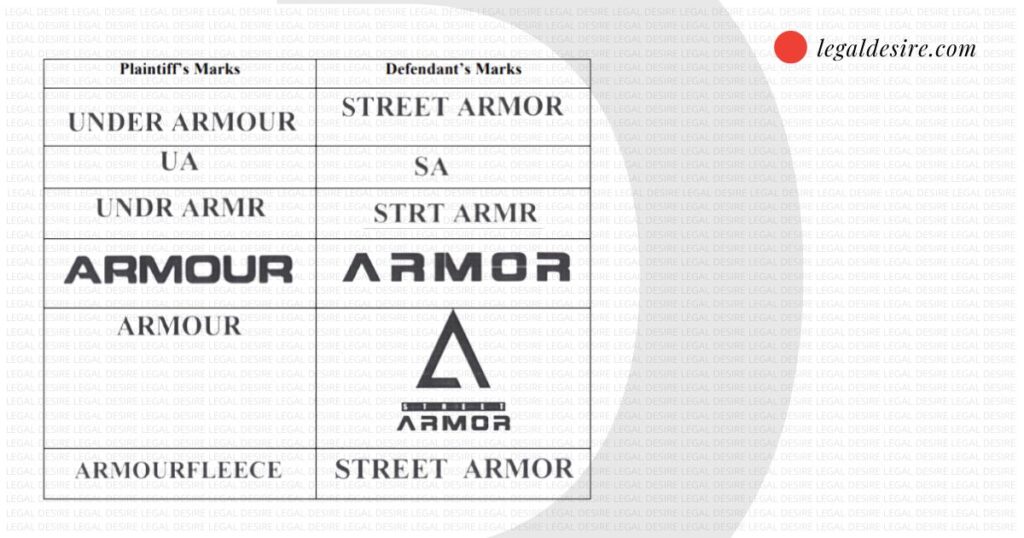Now Reading: Delhi HC: It is well settled that a court would not determine a constitutional question in vacuum
-
01
Delhi HC: It is well settled that a court would not determine a constitutional question in vacuum

Delhi HC: It is well settled that a court would not determine a constitutional question in vacuum
Hon’ble Delhi High Court while dealing with a writ petition here on 28-02-2019 in the case of “Mr. Jairam Ramesh v. Union of India” stated that it is well settled that a court would not determine a constitutional question in vacuum and in any case merely because the petitioner came to know recently that such amendments have been carried out as Money Bills, would not justify the delay.
BRIEF FACTS OF THE CASE
Prevention of Money Laundering Act, 2002 (‘PML Act’ in short) was enacted on January 17, 2013 and before the year 2015, the Act was amended on various occasions through Ordinary Bills as defined under Article 109 of the Constitution of India. But from the year 2015 act have been enacted via Finance Acts as ‘Money Bills’, defined under Article 110(1) of the Constitution.
According to petitioner, a Money Bill is deemed to be such if it contains only provisions dealing with all or any of the matters under (a) to (g) of Article 110(1). In other words, a Money Bill is restricted only to the specified matters and cannot include within its ambit any other matter.
It was contended by the petitioner that the amendments that were made in the years 2015, 2016 and 2018 are per-se unconstitutional and liable to be set aside.
DECISION OF THE COURT
Hon’ble Court held that merely because the petitioner came to know recently that such amendments have been carried out as Money Bills, would not justify the delay. Court further held that a cause of action will arise only when the provisions of the Act or some of them which were implemented shall give rise to civil or evil consequences to the petitioner. Also, a writ court, it is well settled would not determine a constitutional question in vacuum.
Thus, court finally held that it is not a case where this Court should exercise its extraordinary jurisdiction under Article 226 of the Constitution of India and the writ was dismissed.
Read the full Judgement Here-
[embeddoc url=”http://lobis.nic.in/ddir/dhc/VKR/judgement/28-02-2019/VKR28022019CW20422019.pdf” download=”all”]







